You are here
New Releases

Youth in Maldives
Marking International Youth Day 2018, UNFPA and the National Bureau of Statistics Maldives (NBS) prepared a series of communication materials to ilustrate the life of Maldivian Youth by presenting a comprehensive narrative of the main conclusions of the Thematic Analysis on Youth in the Maldives with data collected from the Census 2014.
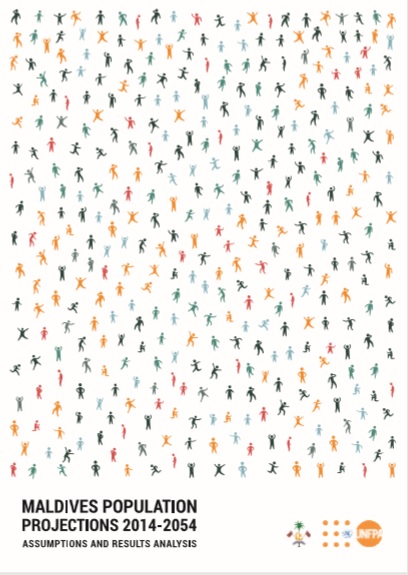
Maldives Population Projections 2014-2054
Assumptions and results analysis based on data from the Census 2014.
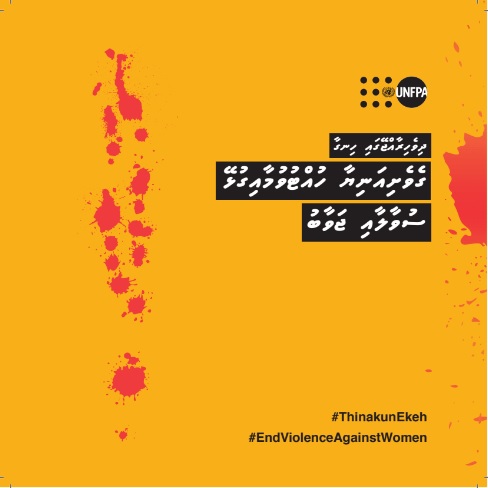
16 Days of Activism Against Gender-Based Violence
A Manual for the 16 Days of Activism Against Gender-Based Violence now available in Dhivehi.

Efficiency of Sexual and Reproductive Health spending in Maldives
A collaboration between UNFPA and the Ministry of Health of Maldives aimed to promote equity in access to SRH services and information. In furtherance of this collaboration, UNFPA is supporting the study of the efficiency of SRH spending, an economic evaluation of benefits against costs of SRH service delivery as planned in the Maldives’ National Reproductive Health Strategy of 2014-2018.
A main goal is to provide the evidence-base, useful for supporting policy decision options for improving health outcomes. The evidence obtained will support the optimization of investments for health for an improved balance of curative and preventive health thereby improving efficiency in public health investments. Sexual and Reproductive Health services facilitate women and couples to have the desired number of children, when they are wanted; to deliver their babies safely and have healthy newborns; and to have healthy sexual lives, free from HIV and other sexually transmitted infections (STIs).
Upscaling the adolescent and youth friendly option is estimated to be the most cost-effective strategy to scale up sexual and reproductive health in Maldives. This will involve streamlining the existing health care infrastructure and interventions to more efficiently deliver sexual and reproductive health services and actively targeting youths and adolescents. Adolescent and youth SRH requires that services are provided in manners acceptable and attractive to youths. Training of school counselors to provide counseling services to youth and adolescents and retraining health care providers to better provide srh services are potential strategies to upscale adolescent and youth SRH in Maldives. It is recommended that this exploration should be further pursued with exploration to improve the data accessibility and quality in the future. It is envisaged that circulation of this report might motivate sufficient interest among stakeholders such that would improve readiness to provide access to relevant data.
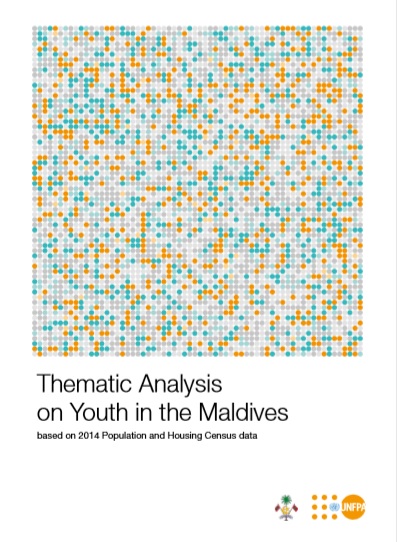
Thematic Analysis on Youth in the Maldives
The results of the 2014 Maldives Population and Housing Census provide a new basis through which to review population and other macro-policies in the Maldives. As part of UNFPA's work with the National Bureau of Statistics in the nation’s capital, Malé, the Thematic Analysis on Youth in the Maldives builds on data and analysis from the 2014 census as well as other sources. The report will help to inform national policy discussions and provide policymakers with the tools they need to make evidence-based decisions.
The report makes extensive use of the concept ‘youth transition’. The concept refers to the transitional stage in life when young people generally undergo a series of changes, moving from childhood through adolescents to adulthood. These stages may, for example, include leaving school and the parental home, finding a place to live and work, and managing new health risks.
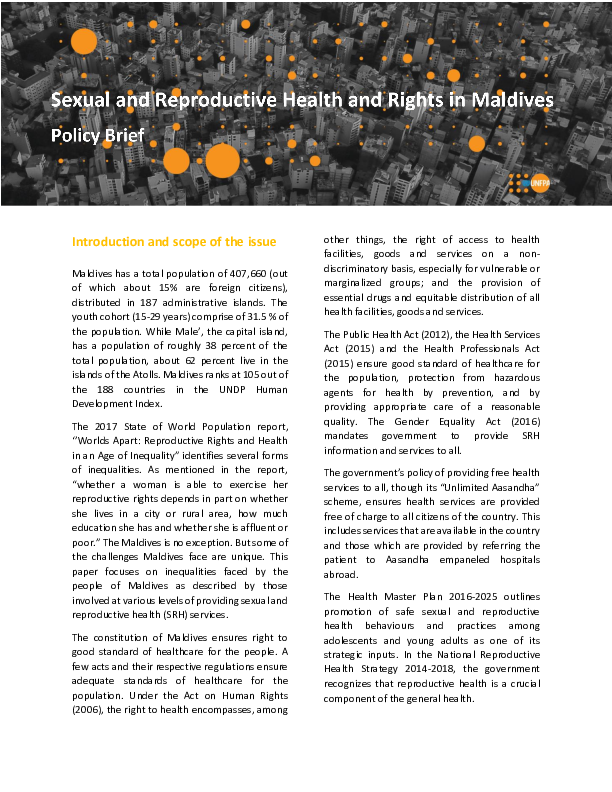
Sexual and Reproductive Health and Rights in Maldives
The 2017 State of World Population report, ‘’Worlds Apart: Reproductive Rights and Health in an Age of Inequality” identifies several forms of inequalities. As mentioned in the report, “whether a woman is able to exercise her reproductive rights depends in part on whether she lives in a city or rural area, how much education she has and whether she is affluent or poor.” The Maldives is no exception. But some of the challenges Maldives face are unique. This paper focuses on inequalities faced by the people of Maldives as described by those involved at various levels of providing sexual and reproductive health (SRH) services.
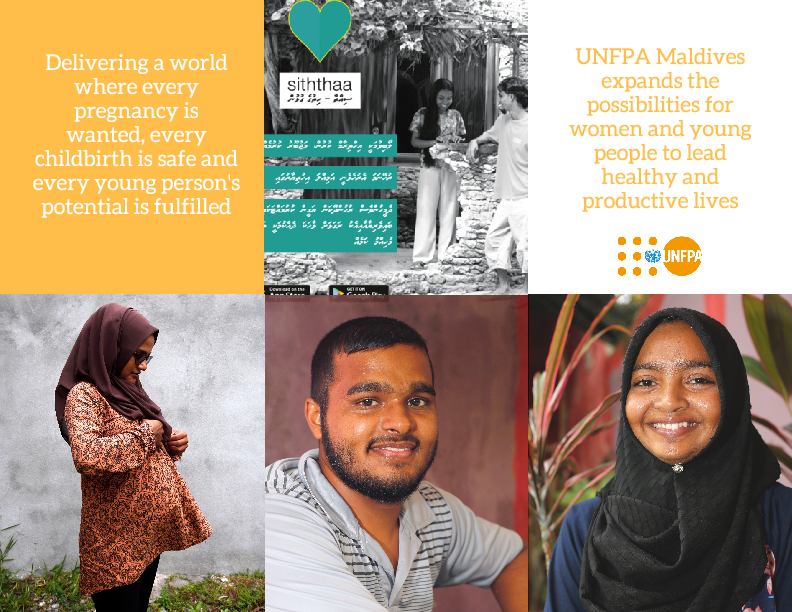
The work we do
UNFPA Maldives expands the possibilities for women and young people to lead healthy and productive lives.
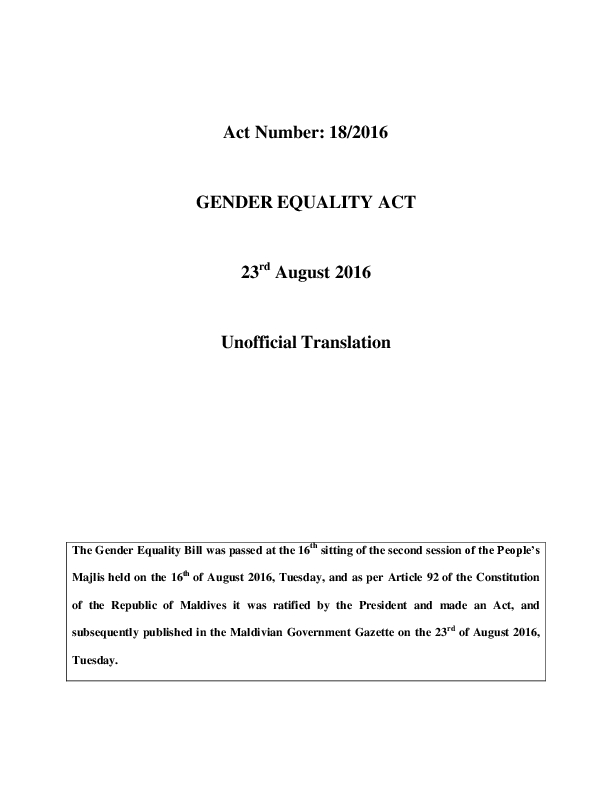
Gender Equality Act
The Gender Equality Act was passed unanimously with 67 votes by the People’s Majlis on the 16th of August 2016 and ratified by President Abdulla Yameen Abdul Gayoom on the 23rd of August. This Act serves the purpose of establishing a framework to ensure gender equality and eliminate gender based discrimination, gender-based violence, as well as sexual harassment in the workplace within the country. Furthermore, this Act outlines the role of the Government and other agencies to help ensure successful implementation of the act.
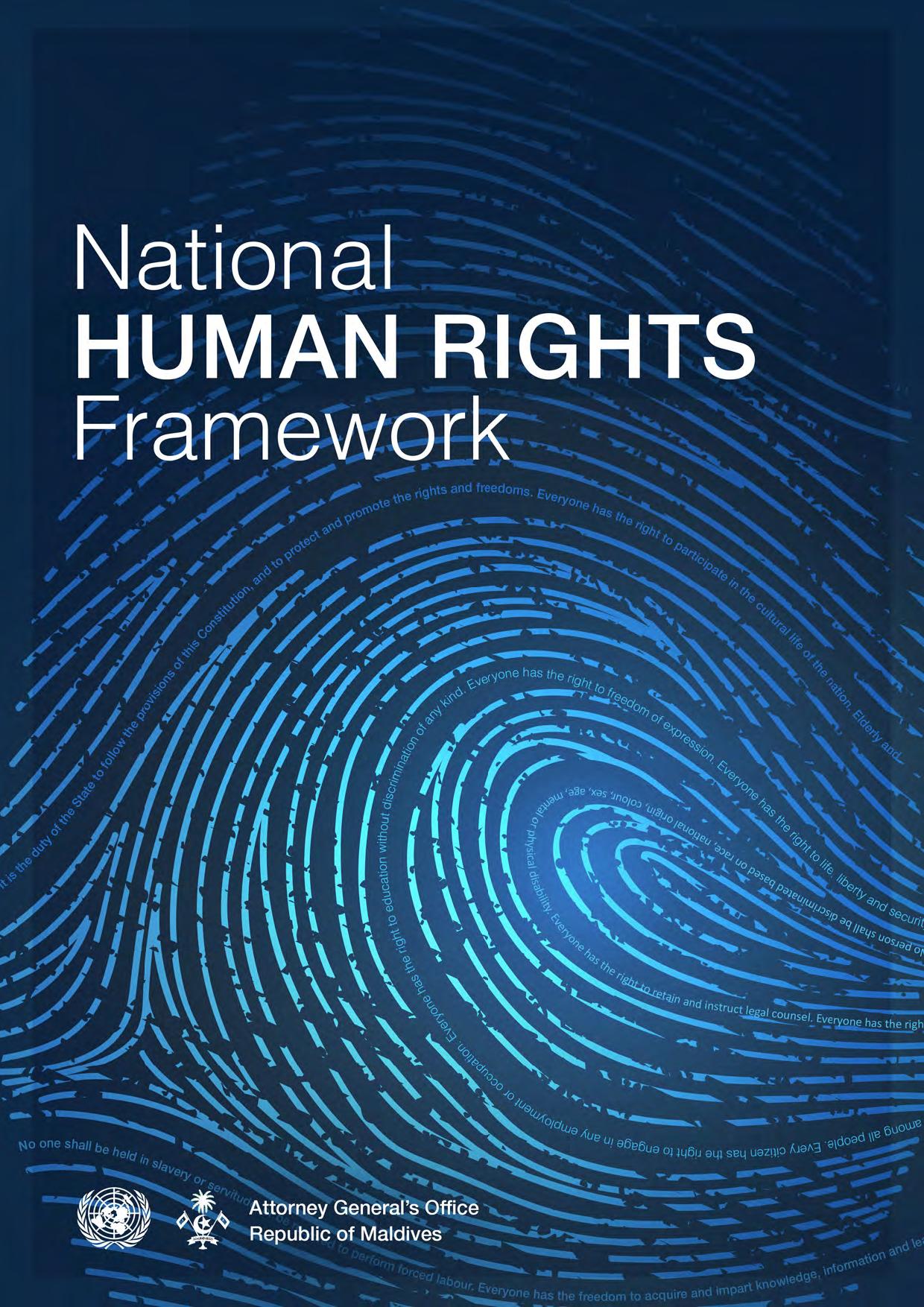
National Human Rights Framework
This framework is intended to facilitate mainstreaming of human rights and human rights based approaches into policy-making and development planning of the country. This framework will underpin future government actions in human rights matters and form the basis for the development of a national plan of action on human rights. Such a plan of action is intended to serve as a road map for the promotion, protection and fulfillment of human rights in the Maldives.
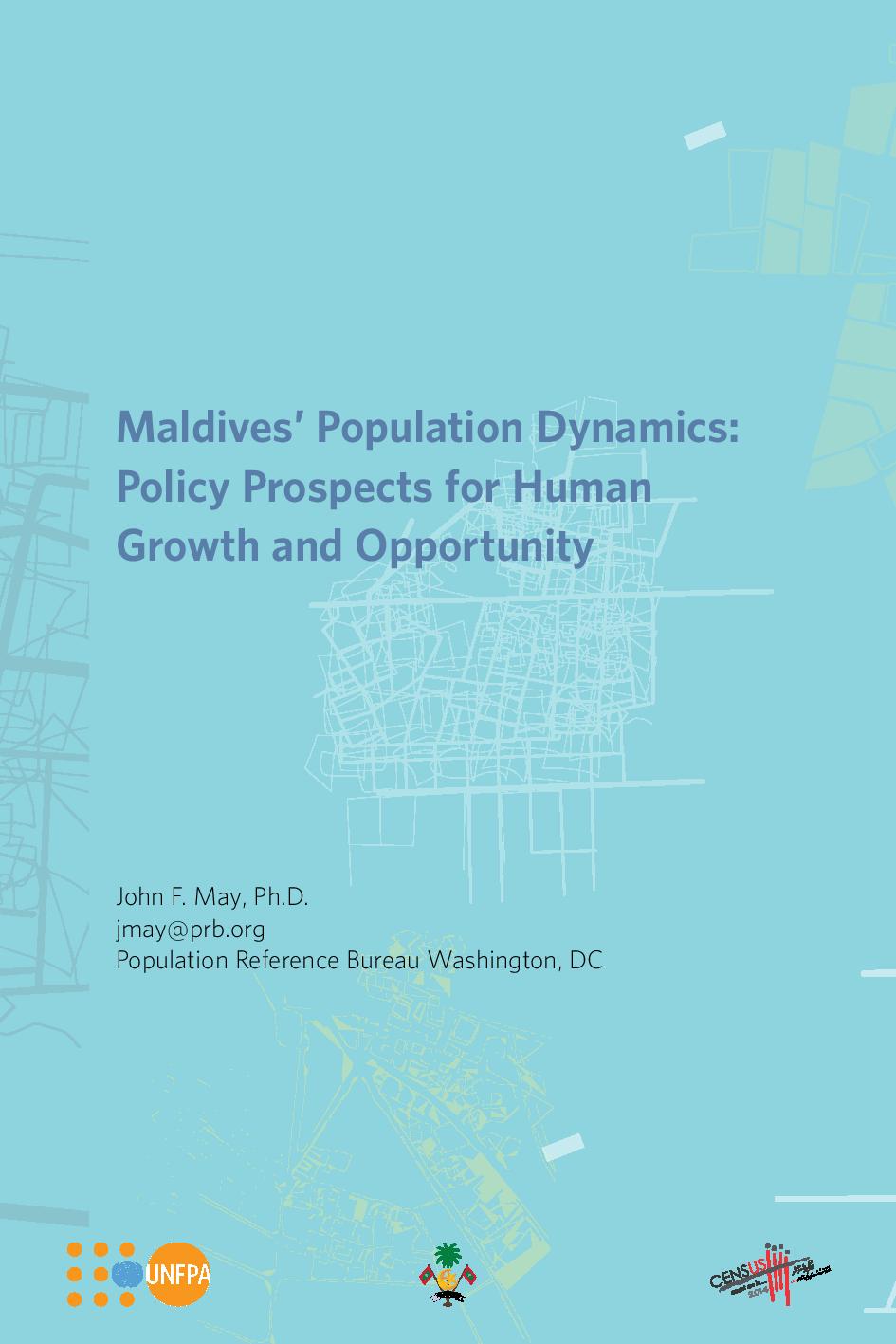
Maldives’ Population Dynamics: Policy Prospects for Human Growth and Opportunity
The report presents Maldives’ economic and demographic background, with a focus on the recent economic growth and the demographic transition.